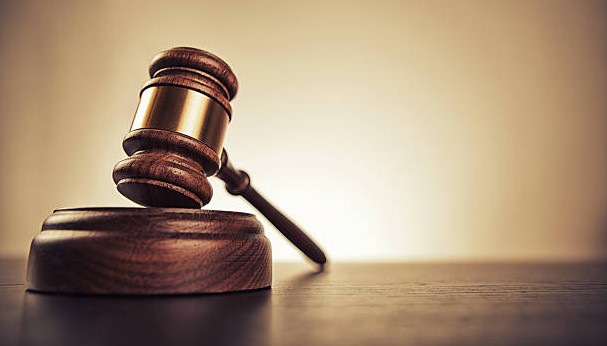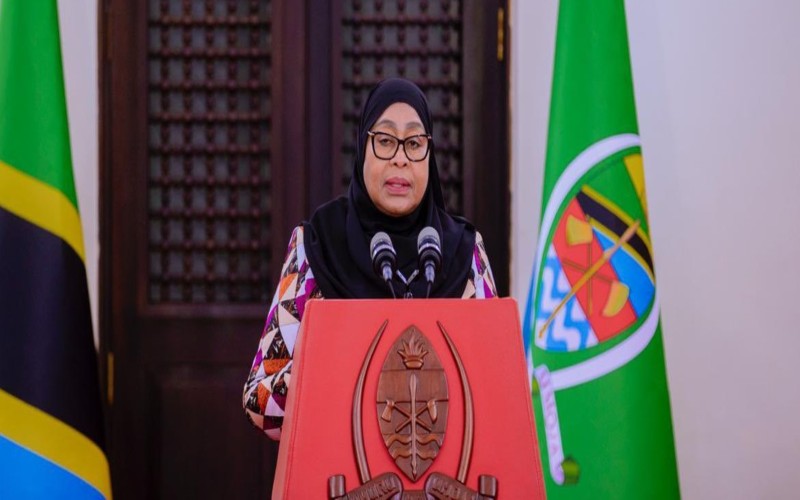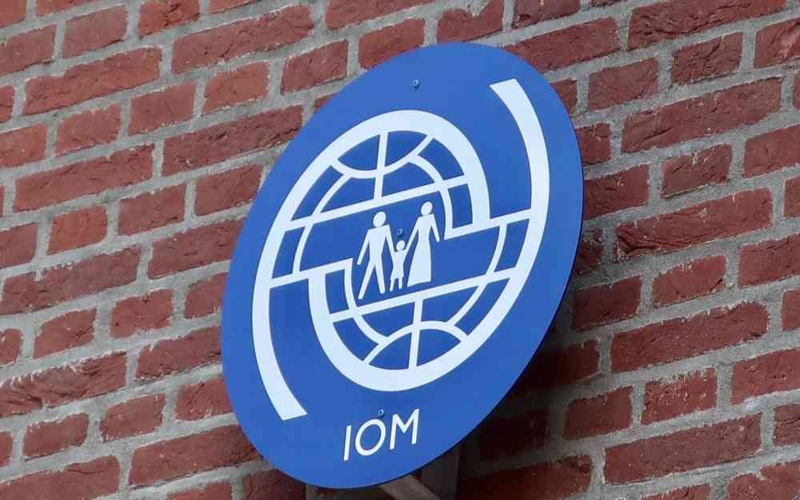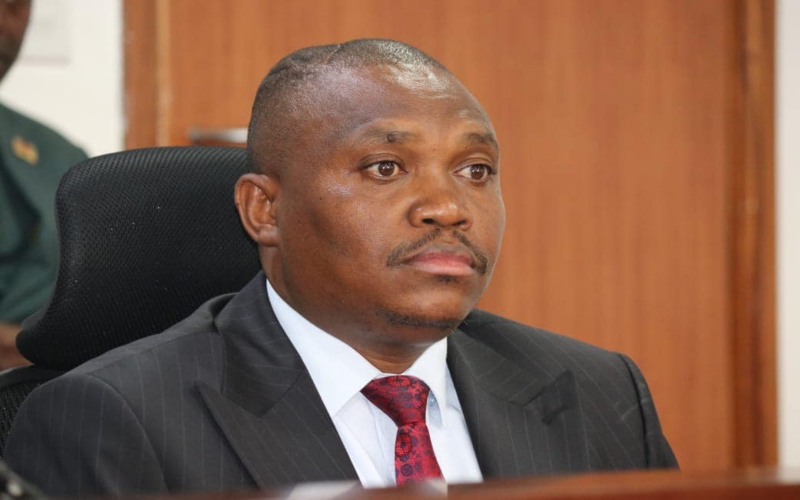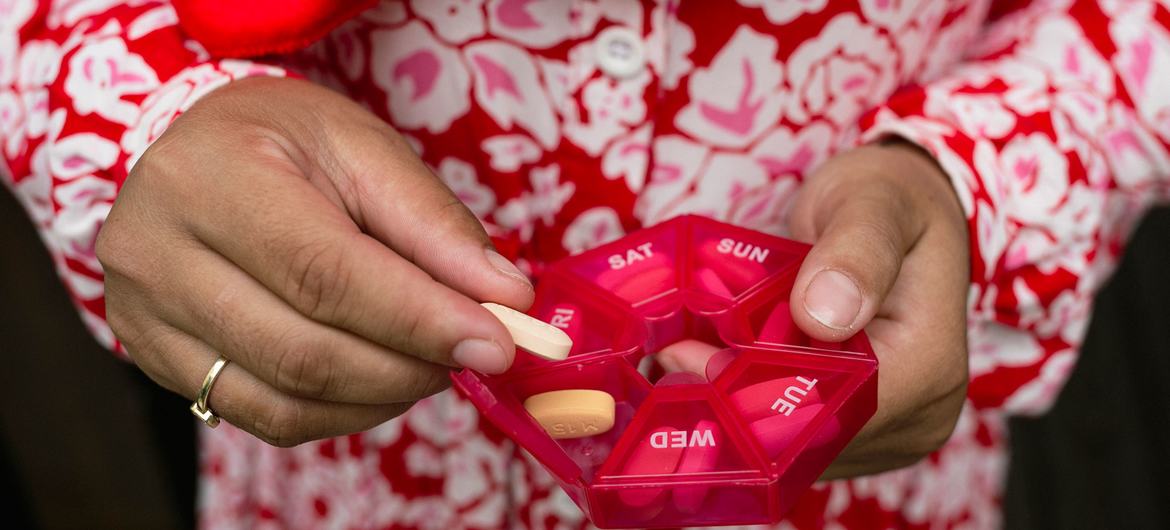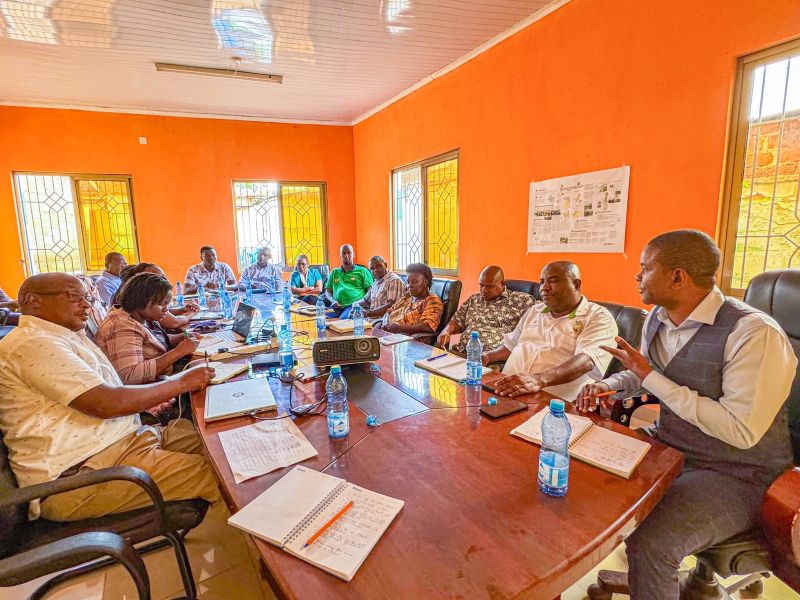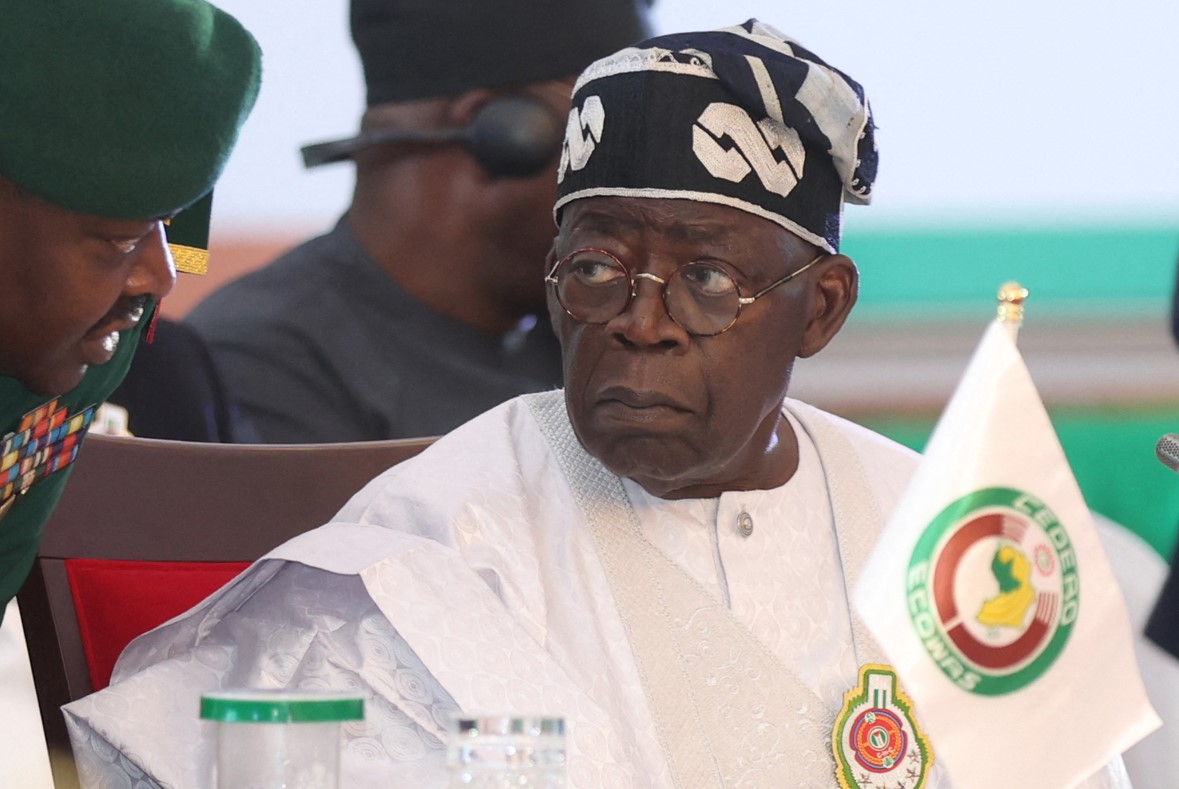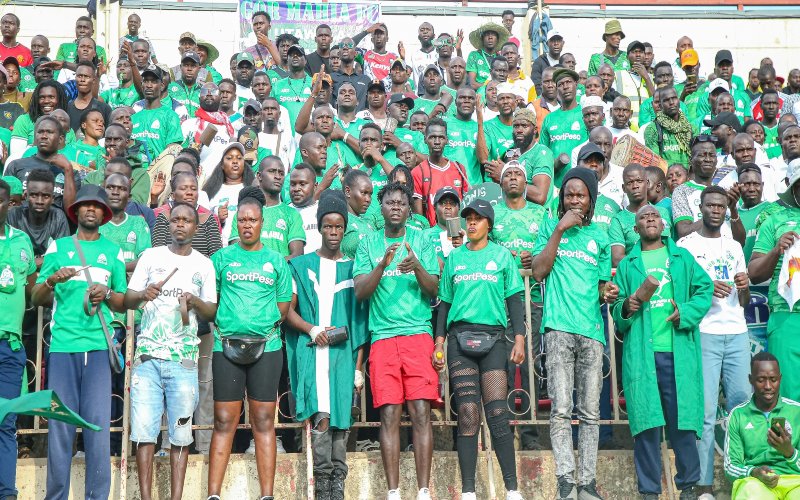Prof Phoebe Okowa sworn in as first Kenyan judge at the ICJ
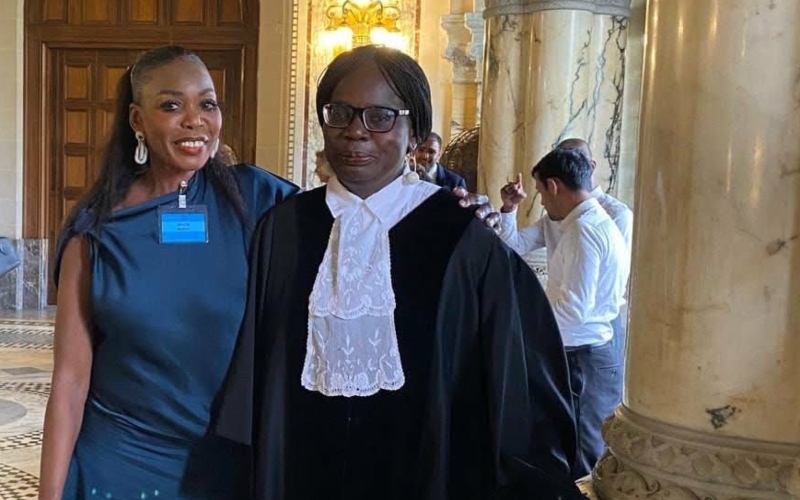
Phoebe Okowa, a leading scholar of public international law, previously represented Namibia before the Court in the advisory proceedings on Israel's obligations regarding UNRWA.
Professor Phoebe Nyawade Okowa has been sworn in as a Judge of the International Court of Justice (ICJ), becoming the first Kenyan and only the eighth woman to sit on the UN's principal judicial body since its establishment in 1945.
Prof Okowa delivered her solemn declaration at a ceremony in The Hague this week, formally taking up the seat vacated by Somali jurist Abdulqawi Ahmed Yusuf, who resigned earlier this year.
More To Read
- Uganda’s ex-deputy Chief Justice Richard Butera elected to UN Appeals Tribunal
- ‘Mobs’ target Palestinians in occupied West Bank, as floods roil Gaza
- Kenya’s Phoebe Okowa elected to serve as judge at International Court of Justice
- ICJ tells Israel to let UN aid flow into Gaza – but UN’s own failures throughout the war loom large
- Kenya lobbies Tanzania to support Prof. Phoebe Okowa’s candidature for ICJ judge
- Why are the ICJ and ICC cases on Israel and Gaza taking so long?
She will serve the remainder of Yusuf's term, which runs until February 2027.
The ICJ, composed of 15 independent judges elected to nine-year terms by both the UN General Assembly and the Security Council, adjudicates disputes between states and issues advisory opinions on matters of international law.
Unlike most organs of international organisations, ICJ judges do not represent their governments; they serve in an individual and impartial capacity.
Prof Okowa, a leading scholar of public international law, previously represented Namibia before the Court in the advisory proceedings on Israel's obligations regarding the United Nations Relief and Works Agency for Palestine Refugees in the Near East (UNRWA).
Her election this month was widely viewed as a diplomatic victory for Kenya, whose candidate secured the required majorities in both chambers of the UN.
Prof Okowa's appointment also comes at a moment when African representation in international judicial bodies is expanding.
The continent now holds several key posts across the UN system, reflecting a growing push for a more inclusive and representative multilateral order.
Top Stories Today
